By Claire Wentz, Guest Writer
With more than 50 million seniors alive today, many of them living on their own, you may find yourself having to provide care for someone you love. Unfortunately, you cannot always uproot your own family. Sometimes, your caregiving duties are a long-distance affair. If you are just getting started or are struggling to keep up with their demands, here are a few tips that can make the job a bit less challenging.
Start with information.
The National Institute on Aging lists your first priority as knowing what you need as a caregiver based on your loved one’s condition. Make sure that you know everything there is to know about their medications, illness, and abilities. If they have diabetes, for example, make sure you know how they’re supposed to take their medicine or inject insulin when it’s necessary. Many people with type 2 diabetes take oral medications to help lower their blood glucose levels. Failure to do so can leave them at risk of more serious health problems. You’ll also want to get to know your senior loved one’s other health services. This might be their physical therapy, particularly if they are receiving vestibular services. Making sure they attend their physical therapy sessions can help prevent a falling accident. Once you have a handle on their needs, you can make lists and help them set reminders to manage their condition.
Keep track from afar.
Ideally, you will have an opportunity to talk to your aging loved one at least once each day. During these conversations, you can make sure they’ve followed your reminders, have eaten well, and aren’t in any pain or under undue stress. Something else to consider is setting them up with a medical alert system and a location tracker. Medicare.org explains that GPS-enabled location trackers help you keep a close watch on people with dementia, who are prone to wandering. Medical alert systems can detect a fall and call emergency services on their behalf in case of an accident. They can also be used to dial 911 in case immediate medical attention is needed and the wearer cannot get to a phone.
Have your documents in order.
When you are taking point on a loved one’s financial and medical decisions, you can’t just say you have this authority. You have to have a document that grants it to you. This is called a power of attorney, and, according to Investopedia, the agent, or decision-maker, is granted authority over the individual in question. What you are and are not allowed to decide on their behalf is determined by the POA document. For convenience, it’s also a good idea to have your name added to their bank accounts and utilities and as someone authorized to request their medical records.
Stay in touch.
Your elderly family member may want to speak with you often but might feel as though they are intruding in your life. Let them know that this is not the case, and make a point to provide them with the tools they need to reach out when they need you. A senior-friendly cell phone, iPad or other tablet, or smart home hub with the “drop in” feature can keep you connected.
Create your network.
When you live hours away from someone to whom you provide care, it is not practical or possible to do it all alone. It’s crucial that you set up a network of others that can help you in your important cause. This might be other family members, close friends, or neighbors. Similarly, you may contract with a nonmedical care provider, such as a senior companion, to visit a few times each week to put eyes on their environment. They can report back to you anything that looks suspect, such as if your loved one is still wearing the same clothes or if the refrigerator is bare.
It is not always easy to provide care for someone from a long distance. However, when that is the best that you can offer, there are ways to reduce the challenge to make things easier on you and safer for them. The above tips can help, but if you find that you need more advice, contact their local senior center, which may be able to give you further guidance on resources that can fill the gaps.



